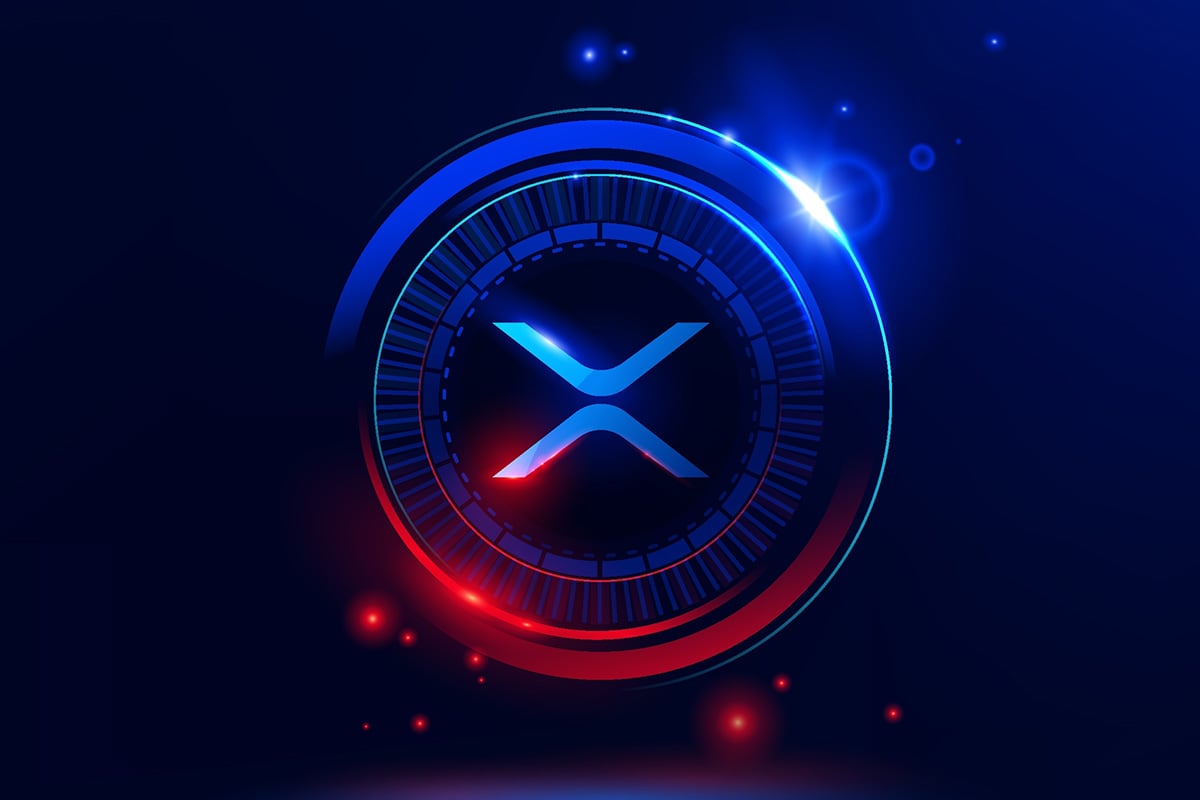Theta Validator: A Groundbreaking Move by Deutsche Telekom
BitcoinWorld
Theta Validator: A Groundbreaking Move by Deutsche Telekom
In a truly significant development for the world of decentralized technology, Europe’s largest telecommunications company, Deutsche Telekom, has officially joined the Theta network as an enterprise Theta validator node operator. This announcement, shared by the decentralized video streaming network Theta via X, signifies a pivotal moment for the blockchain and Web3 space. It’s not just another partnership; it’s a powerful endorsement from a global industry giant, highlighting the growing confidence in decentralized infrastructure.
What Exactly is a Theta Validator Node?
To truly appreciate the magnitude of this news, it’s helpful to understand what a Theta validator node actually does. Imagine a decentralized network where instead of a single company controlling everything, many independent entities work together to maintain and secure the system. That’s essentially Theta.
- A Theta validator node is a crucial component of the Theta blockchain.
- These nodes are responsible for proposing and validating new blocks of transactions.
- They ensure the integrity and security of the network, making sure all video streams and data transfers are legitimate and operate smoothly.
- By participating, validators help maintain the network’s decentralized nature and resilience against attacks.
Their role is fundamental to Theta’s mission of creating a truly decentralized and efficient video delivery infrastructure. The more robust and diverse the set of validators, the stronger the network becomes.
Why is Deutsche Telekom’s Move a Game-Changer for Theta?
The involvement of a company like Deutsche Telekom as a Theta validator is more than just an addition to the network; it’s a powerful statement. Here’s why it’s such a significant development:
- Enterprise Adoption: This move demonstrates increasing institutional trust in blockchain technology and decentralized networks. Deutsche Telekom’s participation lends immense credibility to Theta’s vision.
- Network Stability & Security: A major telecommunications provider brings significant infrastructure and expertise, further enhancing the stability, security, and decentralization of the Theta network.
- Broadened Reach: Deutsche Telekom’s vast network and customer base could indirectly open doors for Theta’s technology to reach new markets and applications.
- Technological Validation: It validates Theta’s underlying technology and its potential to disrupt traditional content delivery models. It shows that large, established players see value in Web3 solutions.
This partnership isn’t just about adding another node; it’s about validating an entire ecosystem and paving the way for wider enterprise adoption of decentralized solutions.
Boosting Decentralization and Network Performance
The core benefit of having more reputable entities operating as a Theta validator is a stronger, more decentralized network. Decentralization is key to blockchain’s promise of censorship resistance and transparency.
When a company of Deutsche Telekom’s stature joins, it:
- Increases geographical distribution: This helps in reducing latency and improving content delivery efficiency globally.
- Diversifies ownership: It prevents any single entity from gaining too much control over the network, upholding the principles of decentralization.
- Enhances resilience: A more distributed network is less susceptible to outages or malicious attacks, ensuring continuous service for users.
Moreover, Deutsche Telekom’s technical prowess and infrastructure will undoubtedly contribute to the overall performance and reliability of the Theta network, benefiting all users and content creators.
The Future of Streaming: What Does This Mean?
This collaboration has far-reaching implications for the future of video streaming and the broader Web3 landscape. It signals a shift where traditional industries are actively exploring and integrating decentralized technologies.
We could see:
- New Business Models: Opportunities for innovative content delivery and monetization models built on Theta’s decentralized infrastructure.
- Improved User Experience: More efficient, higher-quality video streaming for end-users, potentially at lower costs.
- Further Enterprise Integrations: This successful partnership might encourage other large corporations to explore similar ventures in the blockchain space.
The move by Deutsche Telekom as a Theta validator is a clear indicator that Web3 is maturing beyond niche applications and is ready for mainstream enterprise adoption.
Challenges and the Road Ahead
While this is undoubtedly positive news, the journey for decentralized technologies always involves challenges. Integration complexities, regulatory landscapes, and scaling remain ongoing considerations. However, having a partner like Deutsche Telekom, with its extensive experience in large-scale infrastructure and regulatory navigation, could significantly mitigate these hurdles for Theta.
This partnership serves as a powerful example of how traditional and decentralized worlds can converge to create more robust, efficient, and equitable digital infrastructures. The future looks bright for Theta and the wider Web3 ecosystem, driven by such strategic alliances.
The integration of Deutsche Telekom as a Theta validator is a monumental step forward for the decentralized video streaming network. It not only validates Theta’s technology and vision but also sets a precedent for how major corporations can contribute to and benefit from the Web3 revolution. This strategic move promises enhanced network stability, greater decentralization, and accelerated mainstream adoption of blockchain-powered content delivery. It’s an exciting time to watch the evolution of decentralized streaming.
Frequently Asked Questions (FAQs)
1. What is Theta Network?
Theta Network is a decentralized video streaming network powered by blockchain technology. It aims to improve video delivery infrastructure by allowing users to share their excess bandwidth and computing resources.
2. Why is Deutsche Telekom joining Theta significant?
Deutsche Telekom’s involvement as a Theta validator node brings significant enterprise credibility, enhances network security and decentralization, and signals growing institutional adoption of blockchain technology in mainstream industries.
3. What are the benefits of a decentralized video streaming network?
Decentralized networks like Theta offer benefits such as lower content delivery costs, improved video quality, reduced censorship risks, and new monetization opportunities for content creators and viewers.
4. How does a Theta validator node contribute to the network?
A Theta validator node is responsible for validating transactions and proposing new blocks on the Theta blockchain. This process ensures the network’s integrity, security, and continuous operation, making it robust and reliable.
5. What does this partnership mean for the future of Web3?
This partnership demonstrates that large, established corporations are actively embracing and integrating Web3 technologies. It could accelerate the mainstream adoption of blockchain-based solutions and foster more innovative collaborations between traditional and decentralized sectors.
Found this article insightful? Share this groundbreaking news with your network and help spread the word about the exciting developments in decentralized streaming! Your shares help us bring more valuable content to the community.
To learn more about the latest crypto market trends, explore our article on key developments shaping institutional adoption.
This post Theta Validator: A Groundbreaking Move by Deutsche Telekom first appeared on BitcoinWorld.
You May Also Like

Top Old Altcoins Set to Dominance in the Next Altseason, Expert Predicts

Fed Wins Legal Battle Over Custodia Bank Master Account Denial
